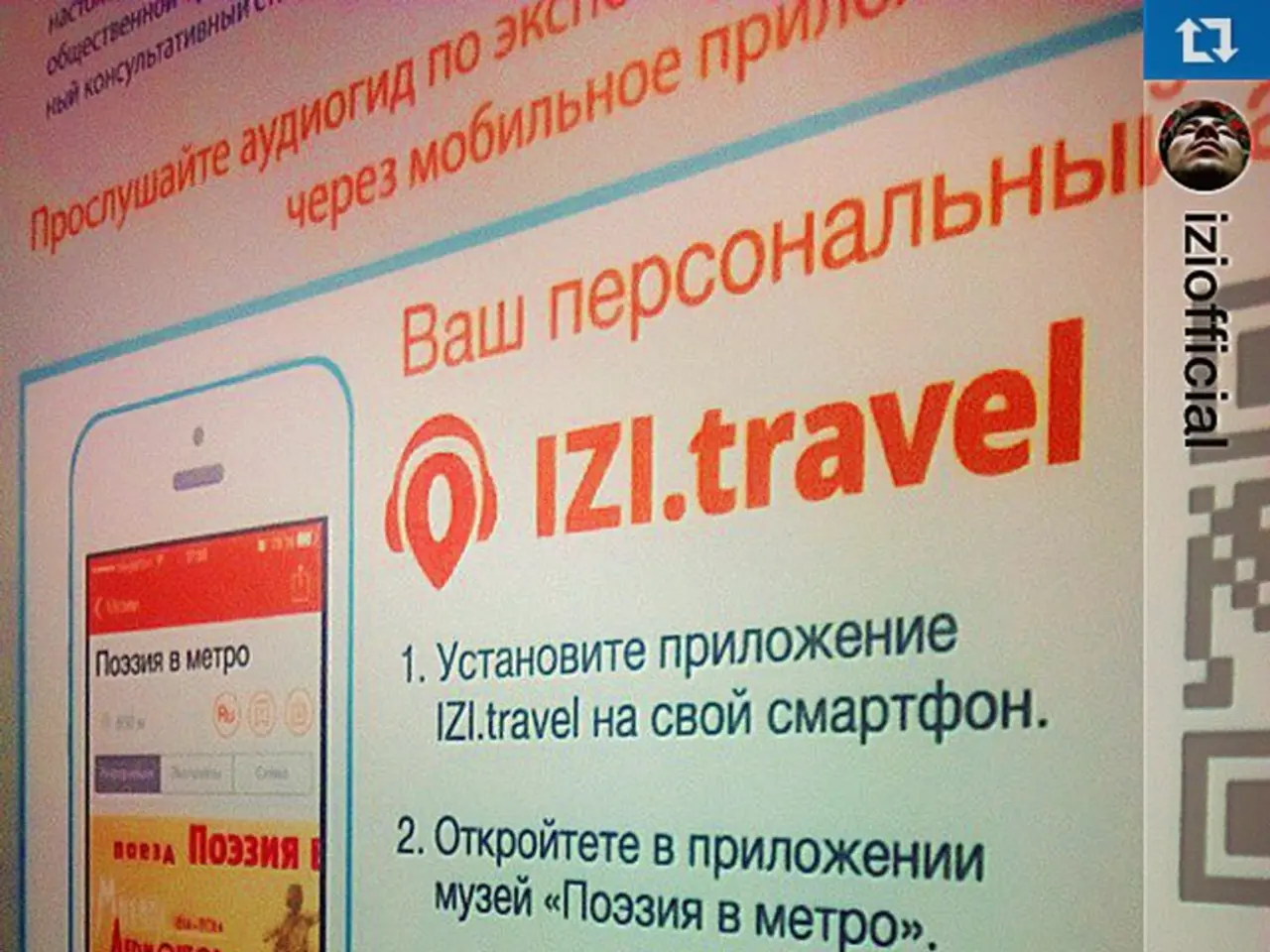Approval Granted for $13.5 Billion Omnicom-IPG Merger, Including Conditions on Ad Placement Arrangements by the FTC
FTC Imposes "Viewpoint Non-Coordination" Rule on Omnicom-IPG Merger
In a landmark move, the Federal Trade Commission (FTC) has approved the merger of advertising giants Omnicom Group and Interpublic Group (IPG), but with a significant condition. The merged entity will be subject to a "viewpoint non-coordination" rule, which aims to prevent collusion based on political or ideological viewpoints in advertising.
The FTC's Bureau of Competition has expressed concerns that coordination among advertising agencies to suppress advertising spending on publications with disfavored political or ideological viewpoints could distort competition and public discussion. This rule is designed to prevent the merged entity from participating in agreements or "exclusion lists" that bar advertisers from placing ads with publishers due to political or ideological reasons.
Daniel Guarnera, the bureau's director, explained that the FTC's action aims to prevent unlawful coordination that targets specific political or ideological viewpoints while preserving individual advertisers' ability to choose where their ads are placed. The FTC's decision to approve the merger while imposing a political coordination ban signals that even titans of adland must toe the line when it comes to preserving both competition and the free flow of ideas.
The tension between voluntary brand-safety measures and allegations of ideological bias underscores the FTC's rationale for imposing a guardrail on collusion. The FTC's action comes as a response to allegations that large advertising firms have coordinated on ad placement decisions, specifically steering advertising away from certain publishers.
The merged agency, if created, would be the largest advertising-holding company in the world. However, it must file annual compliance reports and preserve relevant documents for five years. Enforcement will test whether behavioral remedies can effectively deter collusion without hampering legitimate, independent brand safety efforts.
The FTC's approach in this case reflects a broader enforcement philosophy under Chair Andrew Ferguson, linking antitrust analysis to democratic principles and the protection of political discourse. This remedy targets the political/ideological dimension of advertising decisions, aiming to enhance choice and reduce the risk of industry-wide coordination that could harm conservative or other political consumers.
The approval comes amidst ongoing investigations in other major markets, including the European Union and the U.K.'s Competition and Markets Authority. Clients and publishers will watch closely to see how the "viewpoint non-coordination" rule plays out in practice. The FTC's action marks a significant step in preserving competition and protecting political pluralism in advertising.
- As the FTC's focus on political discourse in advertising continues, the merged Omnicom-IPG entity may need to balance their lifestyle and general-news advertising strategies carefully to avoid discord with the "viewpoint non-coordination" rule.
- In light of the FTC's ruling, the entertainment industry could witness increased self-development and education efforts among advertisers, as they adapt to the new regulations and aim to maintain a diverse range of advertising placements.




